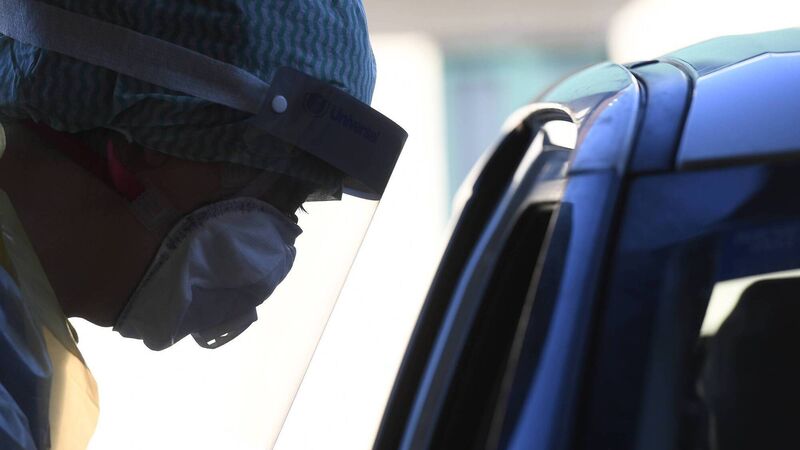Irish Examiner view: Questions on Covid need full answers

A cohesive, full, and multi-agency dialogue over the manner in which this country managed its response to the pandemic is needed.
Try from €1.50 / week
SUBSCRIBEWhat just happened?
We have consistently called for a cohesive, full, and multi-agency dialogue over the manner in which this country managed its response to the pandemic, and we will continue to do so until some meaningful proposals emerge.
Already a subscriber? Sign in
You have reached your article limit.
Annual €130 €80
Best value
Monthly €12€6 / month
Introductory offers for new customers. Annual billed once for first year. Renews at €130. Monthly initial discount (first 3 months) billed monthly, then €12 a month. Ts&Cs apply.
CONNECT WITH US TODAY
Be the first to know the latest news and updates
Newsletter
Sign up to the best reads of the week from irishexaminer.com selected just for you.
Newsletter
Keep up with stories of the day with our lunchtime news wrap and important breaking news alerts.
Newsletter
Sign up to the best reads of the week from irishexaminer.com selected just for you.
Monday, February 9, 2026 - 1:00 PM
Monday, February 9, 2026 - 6:00 AM
Monday, February 9, 2026 - 8:00 AM
© Examiner Echo Group Limited